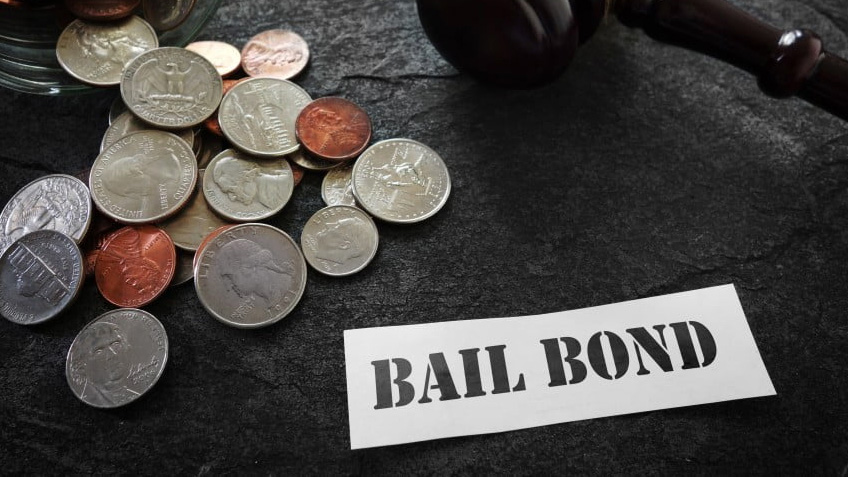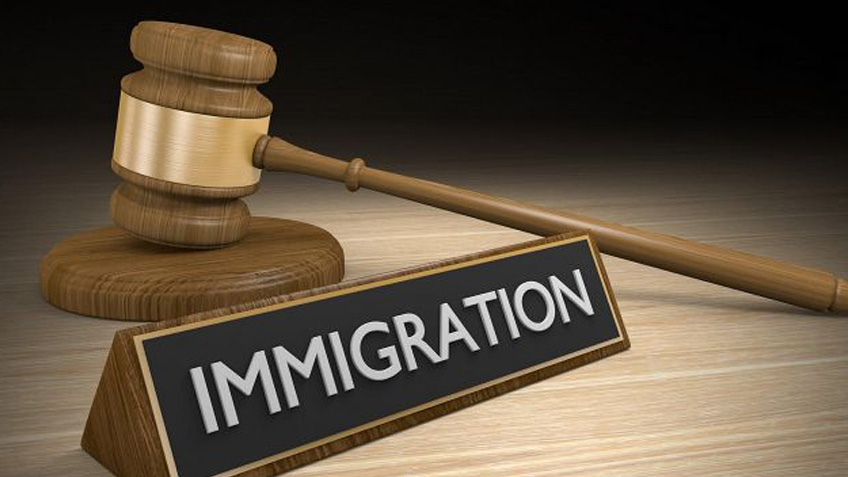Introduction: A Story of Collateral and Freedom in Durham
Imagine this: John, a hardworking father of two, finds himself in an unexpected situation. His brother, caught in the wrong place at the wrong time, gets arrested. The court sets a bail amount too high for John’s family to pay out of pocket. To bring his brother home, John needs a bail bond from a reputable bondsman Durham. But there’s a catch: the bail bondsman requires collateral. John doesn’t fully understand the process, but he knows that his brother’s freedom hinges on it. This article will walk you through what John—and many others in Durham—need to know about collateral requirements for bail bonds. By understanding the legal considerations, types of collateral, and processes involved, families like John’s can navigate the system with confidence and avoid unnecessary pitfalls.
At JC Bail Bondsman, we help people like John every day. If you’re searching for the best bail bondsman in Durham, look no further than JC Bail Bondsman to help you understand your options and guide you through this challenging process.
What Is Collateral in the Context of Bail Bonds?
When someone is arrested, they may have the opportunity to secure their release before trial by paying bail. However, when bail is set at an amount beyond their financial reach, a bail bond becomes an essential solution. A bail cash only bondsman is a contract that ensures the defendant will appear in court when required, and it’s backed by a bail bondsman who typically charges a non-refundable fee (usually around 10-15% of the bail amount).
But to secure a bail bond, the defendant or their family must often provide collateral. Collateral is any asset pledged to guarantee that the bail bondsman will be repaid if the defendant fails to appear in court. If the court appearance is missed, the collateral may be forfeited.
Common types of collateral include:
- Real estate
- Vehicles
- Savings accounts
- Jewelry
- Personal belongings of high value
This is where the process can become complex, especially in Durham, where local regulations may influence how collateral is handled. Each type of collateral has its pros and cons, which we’ll dive into next.
Why Is Collateral Required for Bail Bonds?
The primary reason collateral is required in most cases is to protect the bail bondsman. Bail bondsmen take a risk by posting bail on behalf of the defendant. If the defendant skips bail, the bondsman is responsible for paying the entire bail amount to the court. Therefore, collateral acts as insurance—something of value that the bondsman can claim if the bail conditions are violated.
Local Durham Considerations
In Durham, collateral requirements may vary based on the specific bail bond agency and the nature of the charges against the defendant. Agencies like JC Bail Bondsman assess each case individually, considering factors like the defendant’s risk profile, the size of the bail, and the type of collateral available.
For example, in cases involving higher bail amounts, JC Bail Bondsman may require substantial assets like real estate or vehicles as collateral, while smaller bail amounts might only require cash or other liquid assets. In all cases, it’s critical for the defendant and their family to understand that the collateral must equal or exceed the bail amount in value.
Types of Collateral Used for Bail Bonds in Durham
Different types of collateral can be used to secure a bail bond. Below are the most common options available in Durham, along with examples of how each might be used.
1. Real Estate
One of the most commonly accepted forms of collateral is real estate, such as a home or land. In John’s case, for example, he might use his family’s home as collateral to secure his brother’s bail bond. While this may seem like a big risk, real estate is often the most valuable asset available and can cover larger bail amounts.
2. Vehicles
A car, truck, or another vehicle can also serve as collateral. The bail bondsman will place a lien on the vehicle, meaning that if the defendant fails to show up for court, the vehicle can be seized. However, the vehicle’s value must be sufficient to cover the bail amount.
3. Cash Savings
In some cases, families may have access to liquid assets, like a savings account or cash. Cash is considered the easiest form of collateral because it doesn’t require any appraisal and can be quickly processed. However, few families can offer this type of collateral without hardship.
4. Jewelry and Valuables
High-value personal items such as jewelry, antiques, or even artwork may be accepted by some bail bondsmen as collateral. However, these items must be appraised to determine their value. If John’s family had a valuable heirloom, they could use it to secure his brother’s bond.
5. Investment Accounts
Less commonly, assets like stocks or bonds can be used as collateral. This requires verification of the account’s value and may involve more paperwork than other forms of collateral.
Legal Considerations for Collateral in Durham
In Durham and across North Carolina, the use of collateral for bail bonds is governed by state law. There are several legal protections and requirements both for the bail bondsman and for the person offering collateral.
1. North Carolina Law on Bail Bonds
According to North Carolina law, a bail bondsman must provide a written agreement outlining the terms of the bond and the collateral arrangement. This agreement must include details such as the type of collateral, the amount, and what happens if the defendant fails to appear in court. JC Bail Bondsman in Durham follows these laws to the letter, ensuring that clients are fully informed of their rights and responsibilities.
2. Rights of the Defendant and Indemnitor
The person offering collateral—called the indemnitor—retains certain rights, including the right to reclaim their property once the bail conditions are met. However, if the defendant doesn’t meet the bail conditions, the collateral may be seized or sold.
Process of Reclaiming Collateral After Bail Completion
Once a defendant’s obligations to the court are fulfilled, the collateral is returned to the indemnitor. However, the process isn’t always instant. The bail bondsman will require proof that the case has been resolved before releasing the collateral. For example, John will need to ensure his brother attends all court hearings and satisfies the legal requirements before getting his family’s home released as collateral.
At JC Bail Bondsman, we make the process of reclaiming collateral straightforward. As soon as the court confirms that all conditions are met, we initiate the process to return any property held as collateral.
Risks Associated with Using Collateral for Bail
Offering collateral for a bail bond carries certain risks. The most significant risk is losing the collateral if the defendant fails to meet the bail conditions. If John’s brother, for example, missed his court date, John could lose his family’s home. Therefore, it’s crucial for families to understand these risks and consider them before offering up high-value assets.
Potential Consequences:
- Forfeiture of Property: If the defendant does not comply with court requirements, the collateral will be forfeited.
- Financial Strain: Offering up substantial collateral, like a home or vehicle, can create additional stress on the family.
- Legal Complications: If the collateral involves complex assets like real estate, legal disputes may arise.
However, with guidance from experienced professionals like JC Bail Bondsman, families can minimize these risks by fully understanding their responsibilities.
How JC Bail Bondsman Can Help
At JC Bail Bondsman, we specialize in helping families navigate the complexities of bail bonds and collateral requirements in Durham. Our experienced agents can assess your situation and provide you with the best options, ensuring that you understand all legal implications before offering collateral.
If you’re searching for a trusted bail bondsman in Durham, Find the Bail Bondsman Durham at JC Bail Bondsman. We’re here to provide compassionate, professional service to get your loved one home while safeguarding your assets.
Conclusion: Navigating the Complexities of Collateral with Confidence
Understanding the collateral requirements for bail bonds can seem daunting, but with the right knowledge and support, families can navigate the system effectively. By knowing what types of collateral are accepted, understanding the legal safeguards in place, and working with a reputable bail bond service like JC Bail Bondsman, you can ensure that your loved one’s release from jail is secure without putting your assets at unnecessary risk.



